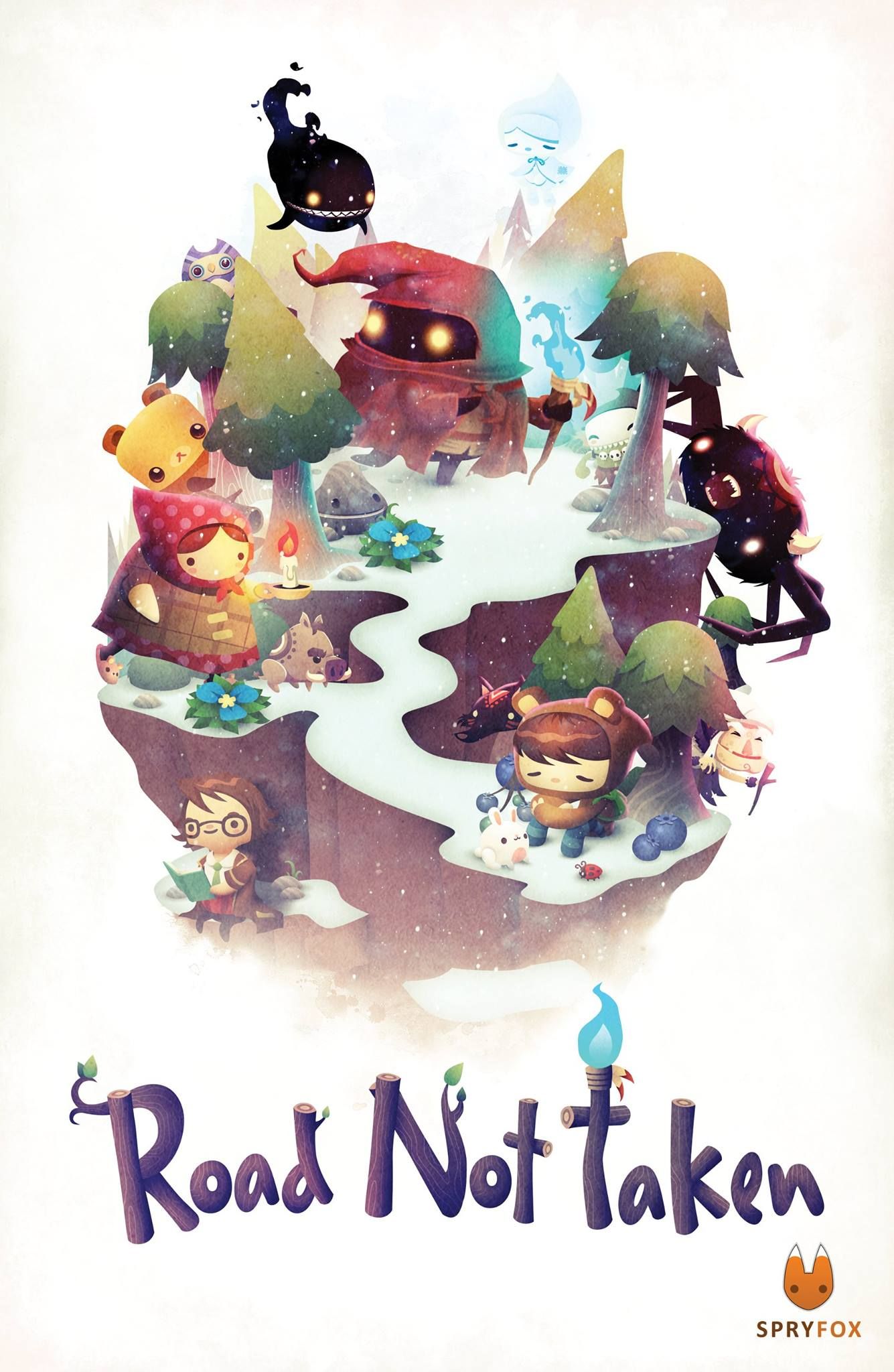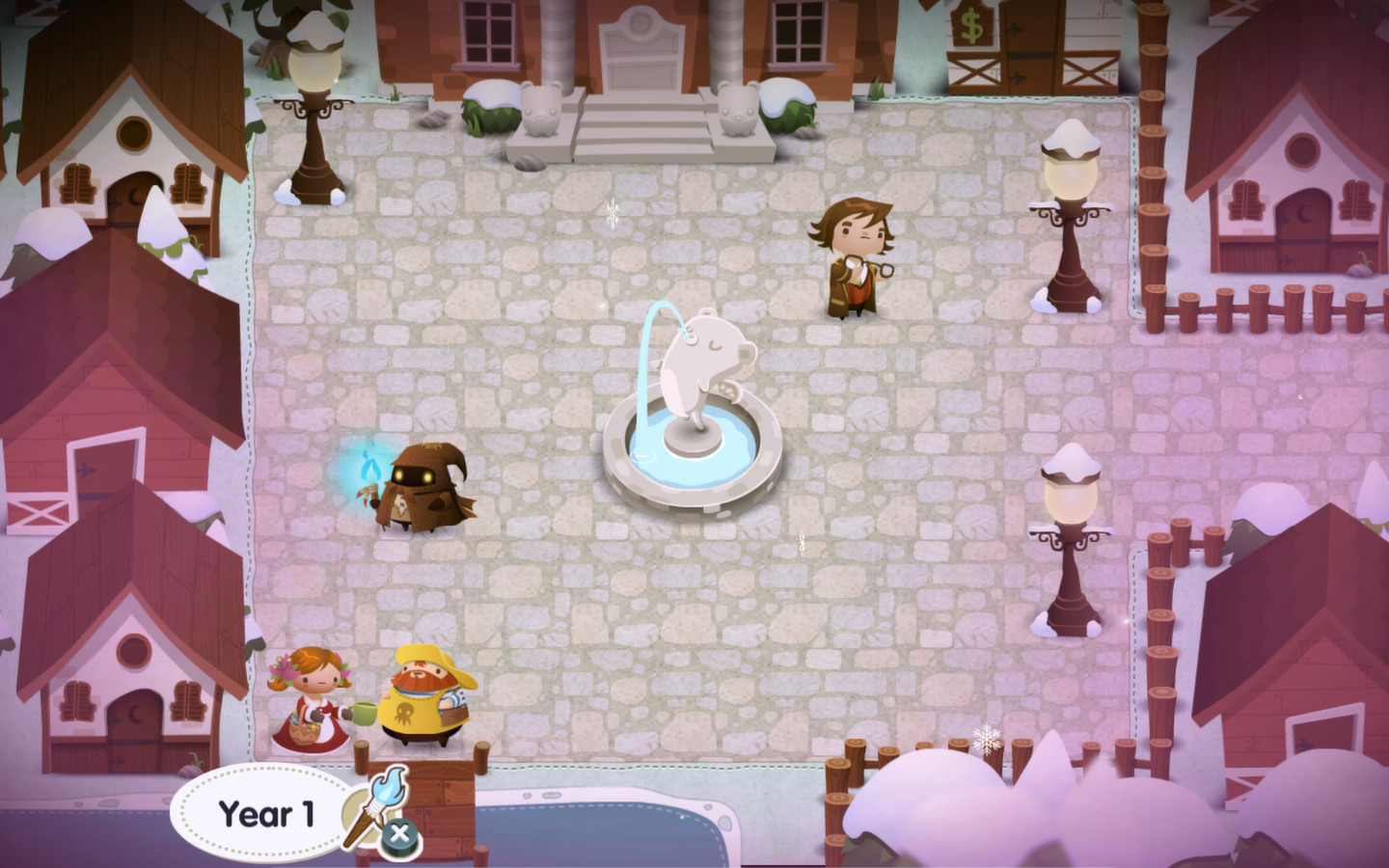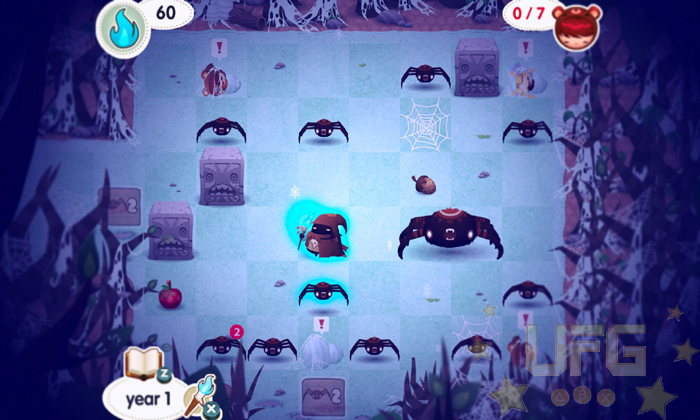



You do this with a single, magical power: the ability to pick up and throw most any object you come in contact with, no matter how heavy or thorny it might be. Every winter, you are asked to wander through a perilous forest (seen from a top-down, 2D perspective) and find the little boys and girls who’ve gotten lost there. You don the robes of a mysterious ranger who happens upon a depressed village in need your help. RNT stands out because of how it embraces that design choice, a fact that really makes all the difference. Spry Fox treats that somber quality with elegance and simplicity, meaning the game is a wonder to play, but rarely do puzzle games ( Tetris, Candy Crush) include death as a major feature. Not in terms of how hard or clever the game is, mind you, but the fact that this is a puzzle game about death, disappointment, and family. As players get a feel for RNT’s pace-with randomly generated puzzles, a constant flow of new things to interact with, and heavily ramping difficulty-they slowly come to grips with the game’s very difficult core. The game revolves around a really refreshing spin on the well-trodden “match three” puzzle genre (which is to be expected from the designers who pulled off a similar, stellar feat in 2010’s Triple Town).īut there’s a point to the game’s name.

Road Not Taken’s hand-drawn world and puzzly play rarely boil down to obvious, binary choices. Thankfully, the game’s title is misleading, at least at first blush. Pick between one of two roads? Even text adventures gave players the choice of north, south, east, or west. Frankly, Frost’s The Road Not Taken, while sweet and lyrical, hides little under the surface to work with, particularly from a gaming perspective. When the game designers at Spry Fox named their latest puzzle game after Robert Frost’s most famous poem, we didn’t expect much depth or inspiration from the source material.


 0 kommentar(er)
0 kommentar(er)
